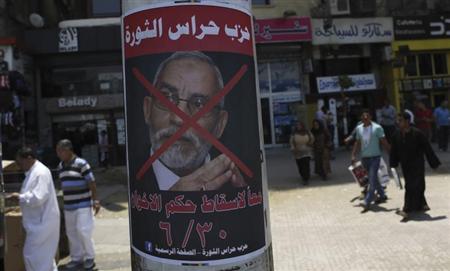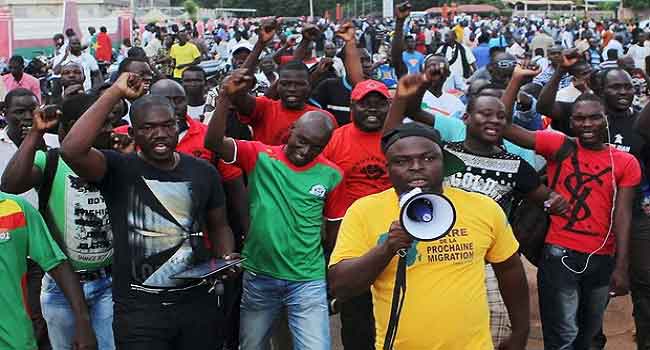
Speaking as a guest on Channels Television’s breakfast programme, Sunrise Daily, she said that asides from military coups, a revolution as seen in Egypt could also be unconstitutional, by AU standards.
She however explained that if the “constitution gets its backing from the people, then obviously public opinion and public will can’t be unconstitutional.”
She attributed the success of 20 million signatories to the petition against the Morsi led administration to dissatisfaction by the people including those who had initially voted the ousted President into power.
She said the democracy, as interpreted by Egyptians, means the ‘people’s voice”
The uprising which led to the Egyptian Army ousting President Mohammed Morsi from power barely a year after being elected into power, was caused by people’s dissatisfaction.
Ojomo noted that the crisis, which involves international politics, domestic politics and domestic economy would not spiral into a civil war.
“People don’t think it will spiral into a civil war because the Egyptian army is strong enough to maintain ‘some calm and some peace’.”
She disagreed with claims that external influences were involved in the uprising adding that “it is insulting to call a popular uprising a sort of manipulation” by outsiders.
She regarded it as a political manner of interpreting such problems.




